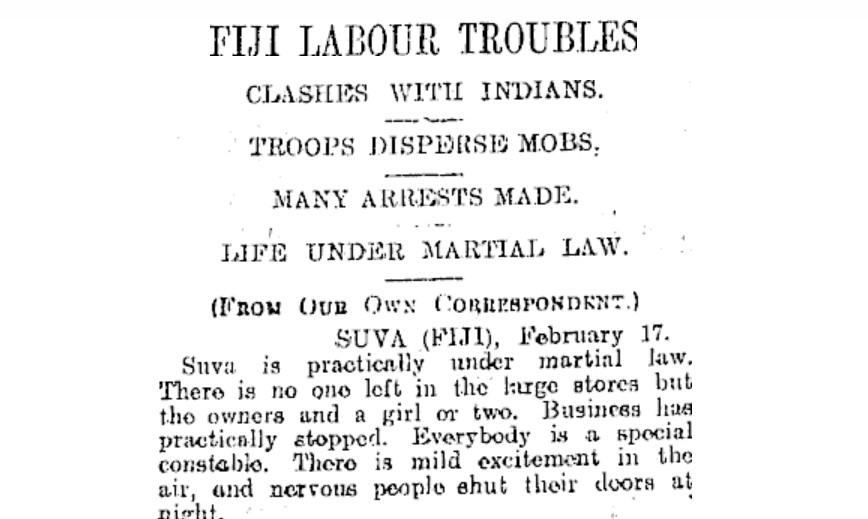Renting can often seem like an isolating and powerless experience. We have to compete against other potential tenants for properties, going through the stress of flat hunting, viewings and landlords’ checks into our finances and private lives. Tenancy rules are weighted in favour of landlords. Rent comes out automatically from your bank account, but there is nothing automatic about getting landlords to come around and fix problems in the properties they make money from. It’s an alienating relationship.
But rent, just like wage labour, is shaped by class struggle. Just as bosses exploit workers in the workplace, landlords exploit tenants through rent. And housing, just like the workplace, has seen ebbs and flows of class struggle over the decades. Niki Rauti’s battle in Glen Innes last year put the question of state housing – and the redevelopment of Auckland for the rich – at the centre of national discussion. She was joining a long line of class fighters for housing.
The Anti-Eviction League
During the Great Depression in the 1930s many thousands of unemployed workers, struggling with unpaid bills and without income, faced eviction from their houses. Landlords made money from overcrowding families into run-down slums, and then kicked them out once rent stopped coming. There are many stories of personal tragedy and homelessness from this time.
Auckland Communist Party members organised an Unemployed Workers Movement to advocate for and organise the unemployed and, out of this, an Anti-Eviction League. The League was formed so that, if news spread that a family was going to be evicted, members would rally to occupy their house and mobilise neighbours to prevent the eviction being carried out. If unsuccessful, the League would use the occupation as a negotiating chit to hold off eviction until tenants could find somewhere else to live.
Jim Edwards, a Communist unemployed leader, remembered one 1931 struggle in Ponsonby:
So we marched to the house, surrounded by sympathetic women who had sheltered the wife. The husband was inside nursing the baby of his family. The boys obeyed instructions and packed every room. The bailiff arrived and found himself hopeless; then along came the police. They moment they entered the room where I had temporarily taken my quarters I began a religious recitation, ‘Trouble in the Amen Corner.’ One came over and interrupted my recitation. I told him not to disturb the party. He said ‘This is rather too early for a party, isn’t it?’ And a hell of a crowd it was, too. They went from one to the other, but nobody budged. Meantime the landlord made the compromise that the eviction would not take place until other accommodation was found. With the people of the district lustily singing the ‘Red Flag’ we celebrated our first victory.
The Tenants’ Protection Association
In the early 1970s a group of Wellington students, influenced by Maoist ideas, set up a Tenants’ Protection Association to pool ideas and resources amongst flatters and renters. In 1972 the opportunity came to join together tenants in houses owned by a particularly obnoxious and abusive landlord. Tenants banded together, elected organising committees for each of their blocks of flats, and began a months-long rent strike. Amanda Russell reported for Salient in March 1973:
Tenants said they were intimidated and threatened by [the landlord’s] tactics. He hired a well-known criminal lawyer who sent long letters to tenants explaining the dire consequences they could expect if the money wasn’t paid up. The tenants stood firm. Each block of flats elected a block chairman to channel latest developments to the TPA who in turn were always on hand when and wherever [the landlord] showed his face. Pamphlets and newsletters were produced to keep all tenants informed of their rights and what action should be taken in various situations. Tenants organised a huge demonstration outside his house at Coromandel Street and had to hire a bus to get them there.
Direct, collective action from the tenants won the day. Their conditions were met, and the landlord was forced to adjust his rents.
A lot has changed since the 1970s and 1930s, of course. But these moments from our past show that landlords need not be all-powerful. Renting is part of class struggle.









